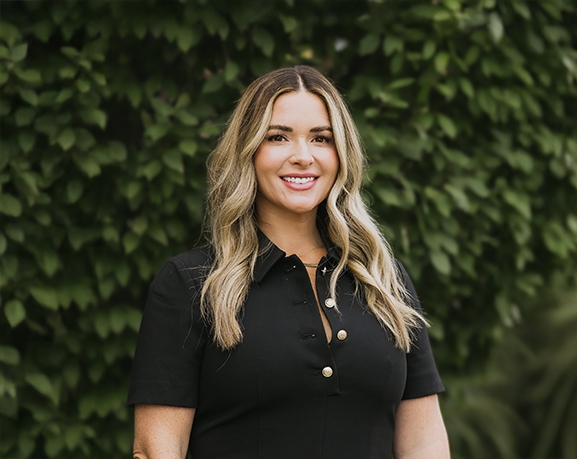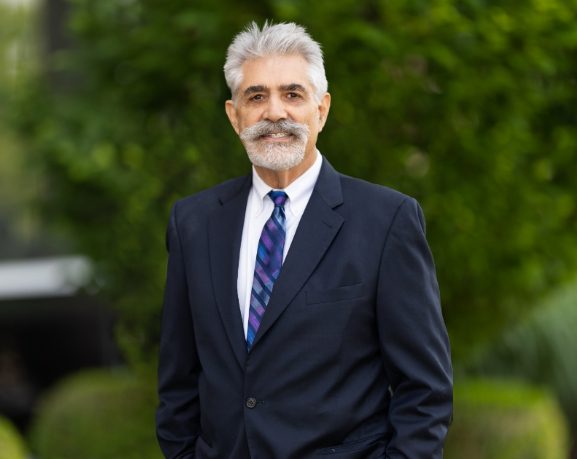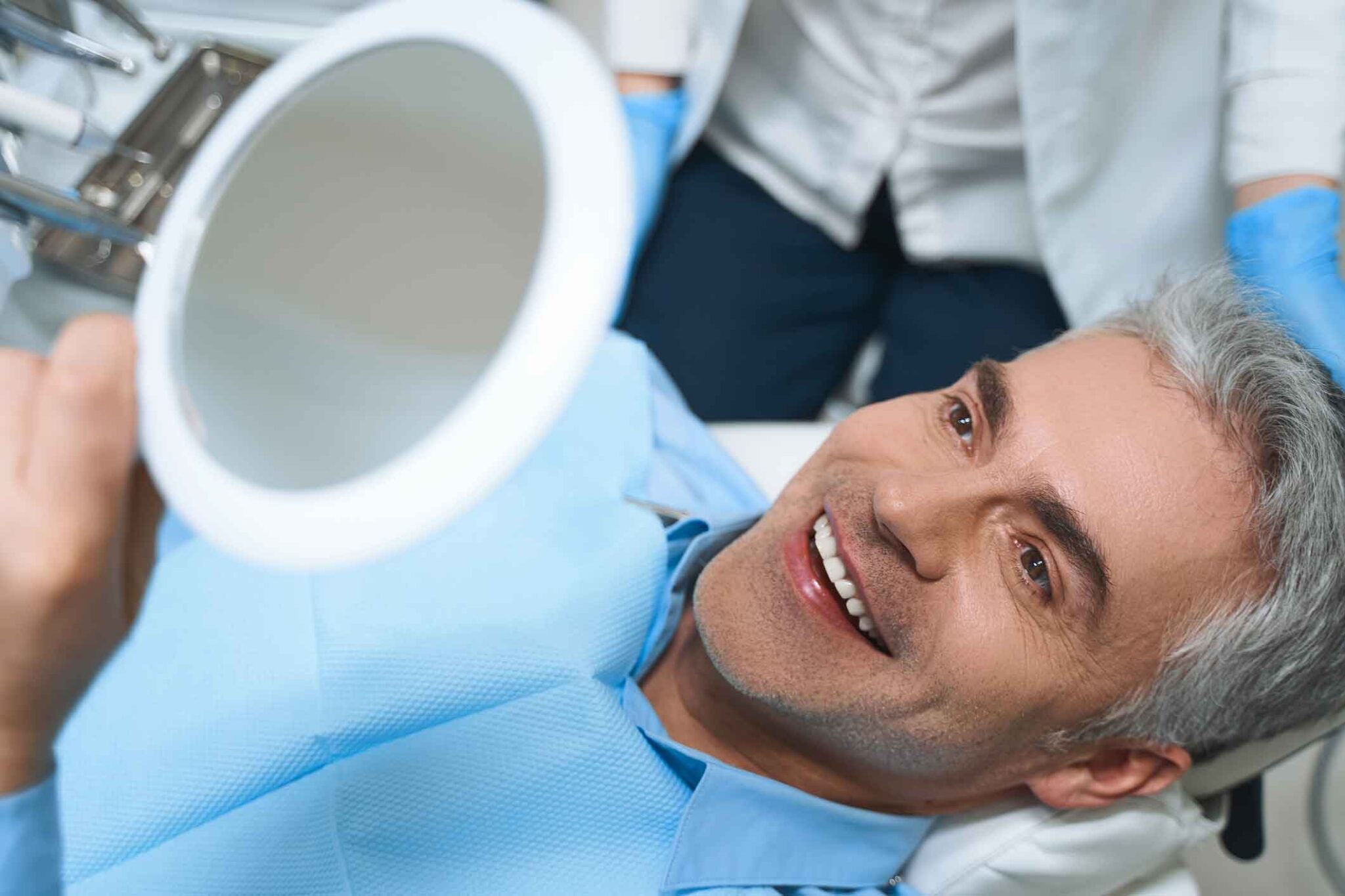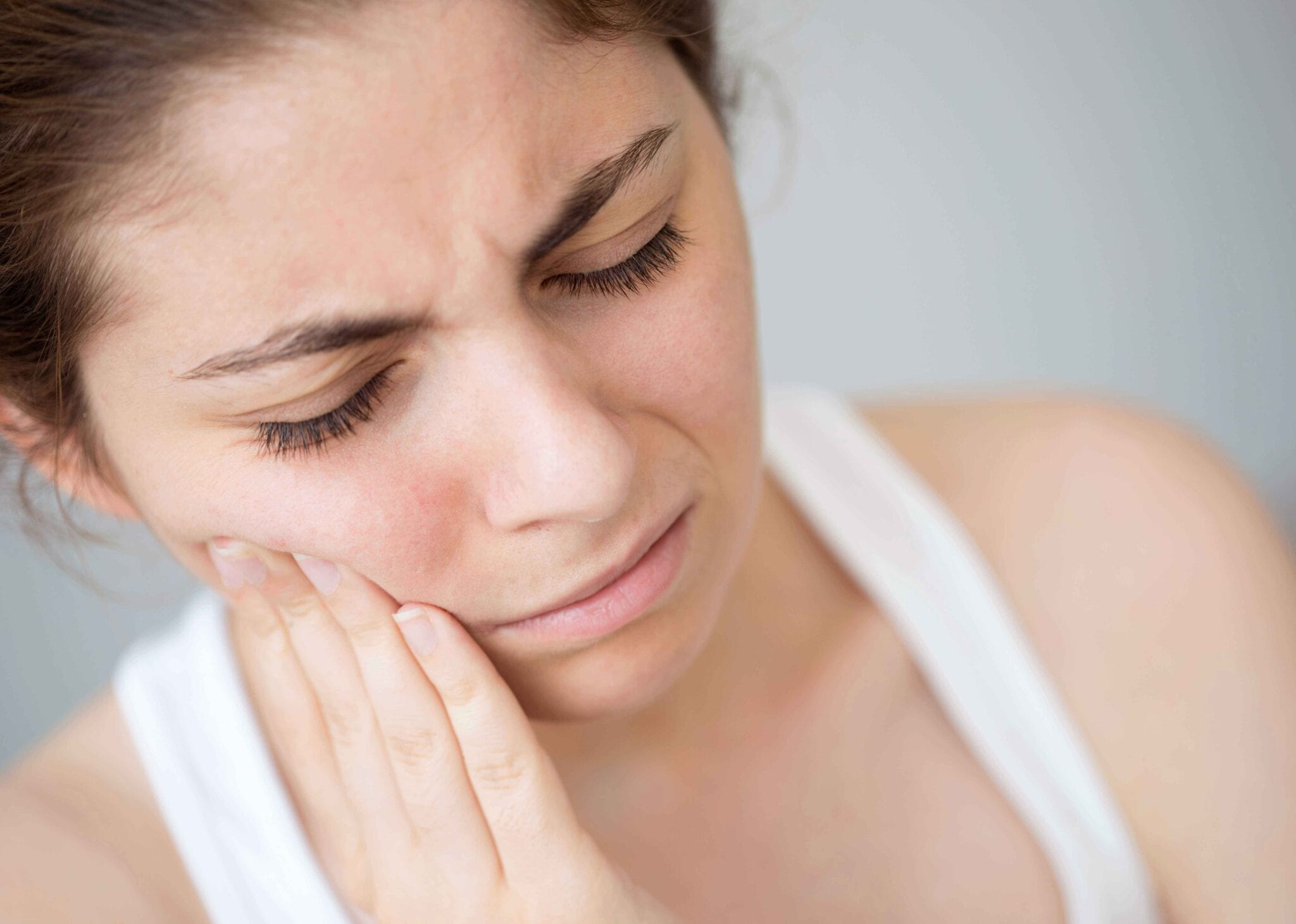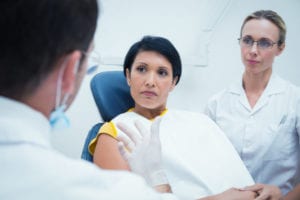 If you’re having oral surgery, you’re probably nervous about the whole process. Knowing what to expect can ease anxiety and help both the procedure and your recovery go more smoothly.
If you’re having oral surgery, you’re probably nervous about the whole process. Knowing what to expect can ease anxiety and help both the procedure and your recovery go more smoothly.
Prepare yourself and your family with these suggestions.
Talk to Your Dentist or Oral Surgeon
When your healthcare provider first recommended the procedure, you might have agreed it was necessary, but not yet had time to process everything that’s involved. Since then, you have probably come up with some questions and concerns. Schedule an appointment before your surgery to fill in information gaps and talk through your fears.
Ask what medications you’ll be taking after the procedure so you can arrange for someone to pick them up. Find out what kind of sedation you’ll experience and if there are any risks involved. See what you can reasonably expect during your recovery so you’ll know how to adjust your schedule.
Schedule Down Time
Depending on the type of anesthetic used, you may not be able to drive for several hours after your surgery. If you pick up children, check in on an elderly parent, or walk pets, ask someone to take over while you recover.
If your procedure allows you to return to work the next day, realize you’ll still be recovering from surgery. Avoid scheduling anything you don’t have to do while you recover so you have plenty of time to rest.
Set up your recovery space with plenty of pillows, reading materials, and television access. Put everyday use items like charging cords for mobile devices and lip balm nearby.
One Day Before Your Appointment
If you’re being sedated, carefully follow your physician’s instructions. If you smoke, have your last cigarette at least 12 hours before surgery. Realize smoking will not be allowed for at least 24 hours after, so now is a great time to think about quitting altogether. Avoid eating and drinking at least eight hours before receiving general anesthetic.
The Day of Your Appointment
Brush and floss your teeth right before you leave for your oral surgery. It’s best to wear comfortable, loose-fitting clothes.
If you’re receiving anesthesia, your eyes will probably be closed during the procedure, so you might not want to wear your contacts. Don’t put on jewelry or make-up, since they usually have to be removed before a procedure.
After Surgery
After oral surgery, you’ll need to eat soft foods you don’t have to chew. Protein shakes, smoothies, or nutritional drinks can keep you nourished. Don’t use a straw to drink if you’ve had a tooth extraction, or you might cause a dry socket that needs additional treatment.
For additional information on recovering from oral surgery, contact your doctor at OMSNashville.
The information and content on our website should not be used as a substitute for medical treatment or advice from your doctor.


